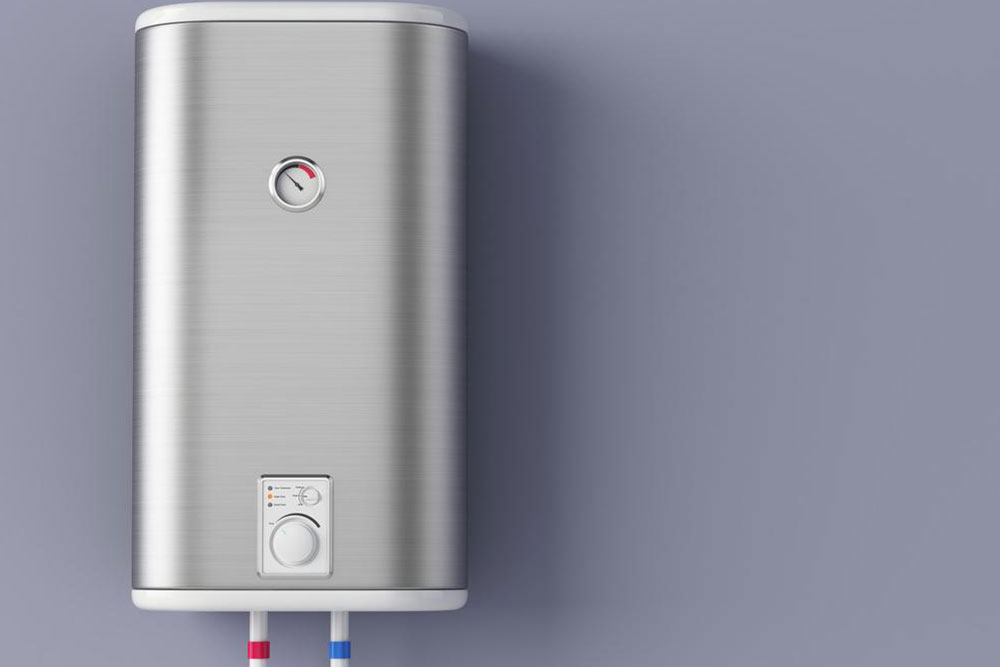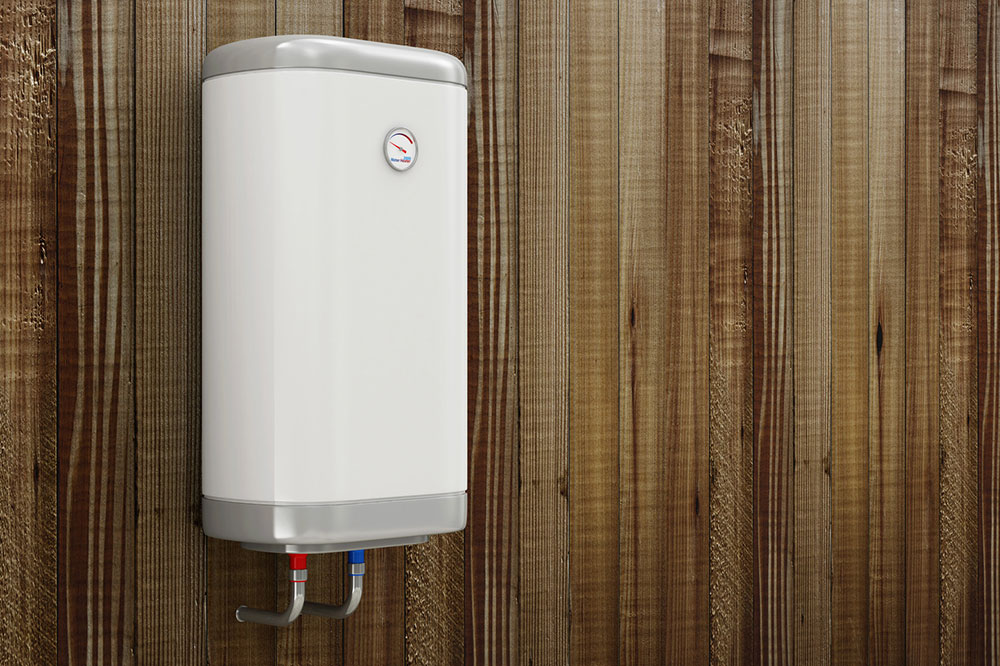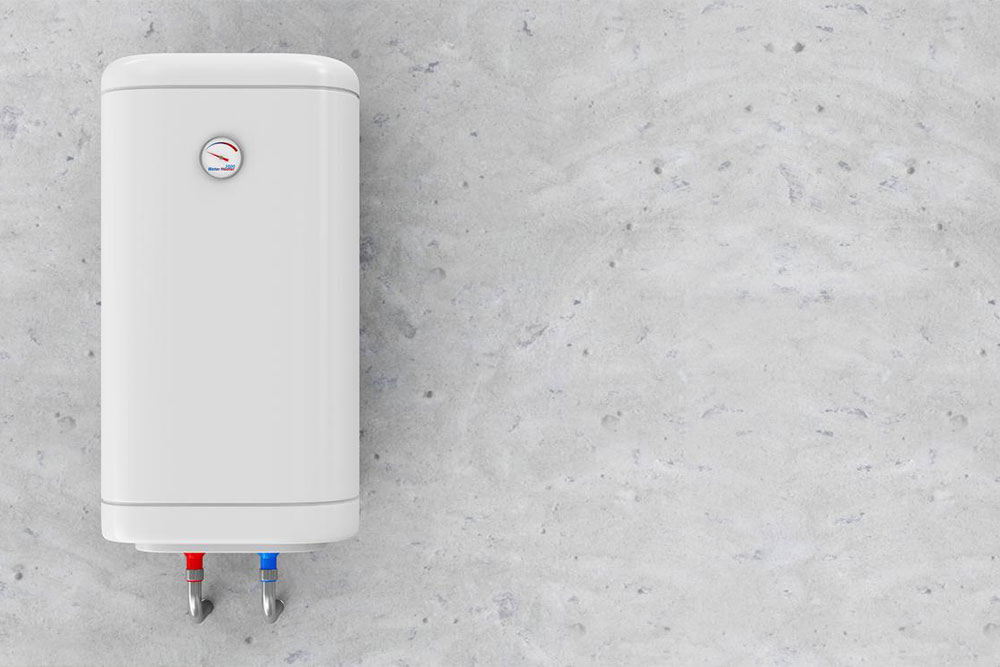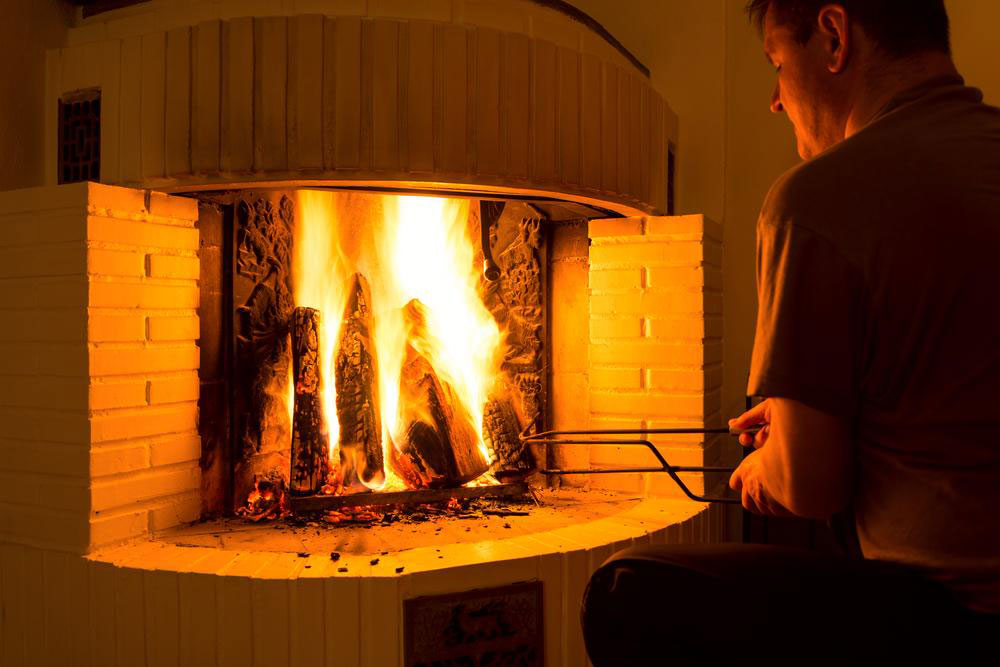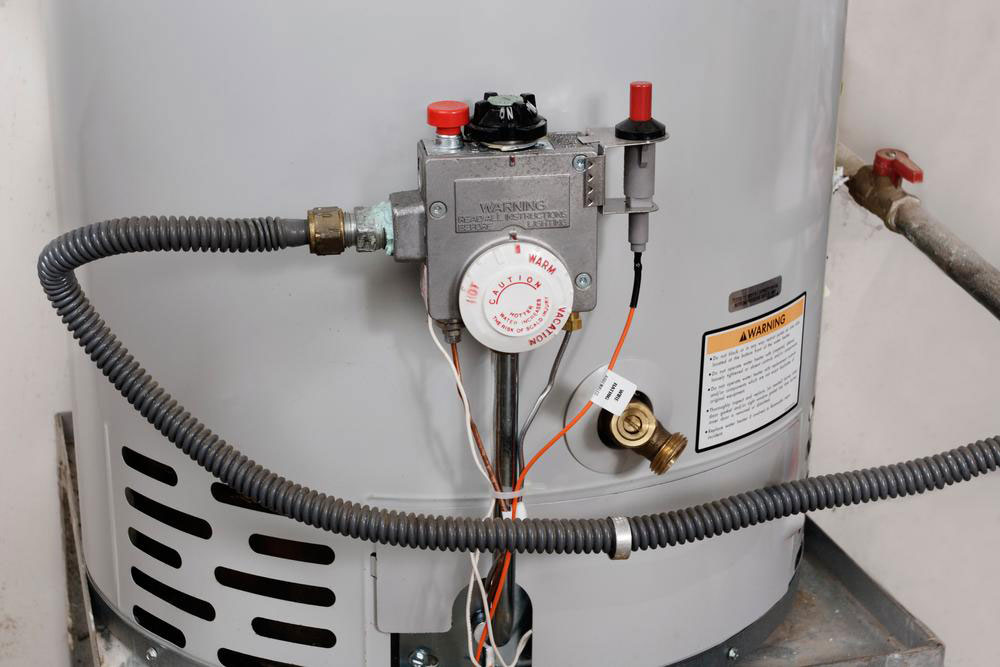Water Heater – types and modes of operation
Owing to the wide variety of water heaters, one can easily get confounded over which one to choose. Different water heater makes are made for fulfilling a distinct set of water heating requirements. The following section envisions all the popular types of water heaters and their capabilities.
Types of water heaters
Storage tank or traditional The traditional water heaters come with an insulated tank, used for heating as well as storing water.
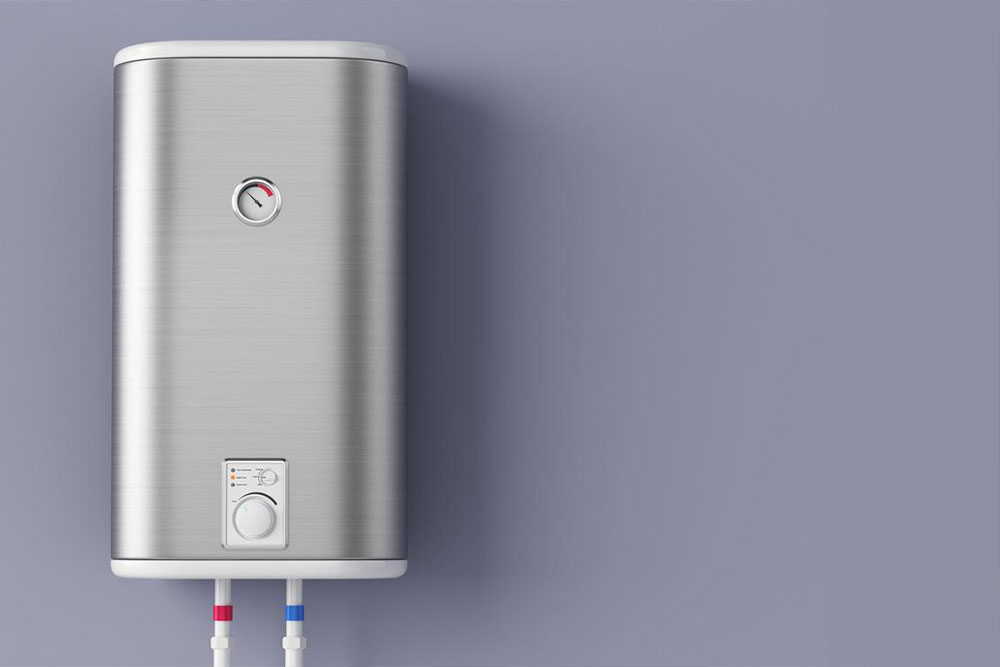
Tankless Due to their small size and the ability to provide hot water almost instantaneously, tankless or on-demand water heaters have made their own situate among the water heating equipment niche. The compact built of a tankless water-heating unit allows it to be placed on a wall or positioned in close vicinity to the primary point of use. These units feature higher, as much as 80 percent, efficiency rates and are more expensive than their traditional counterparts.
Heat pump or hybrid Not as commonplace as traditional or tankless types, the heat pump or hybrid water heaters use heat captured from the surroundings to heat up water to a predetermined temperature. These water heaters aren’t designed to be used in cold spots, as they require a hot temperature range of 40 to 90 degrees at their installation site. However, the bonus of using these water-heating units is their energy efficiency. Compared to conventional electric water heaters, hybrid units demand about 60 percent less energy.
Solar Mounted on top of roofs, solar water heaters make use of sun’s energy to heat up the water. These systems are designed to make the most of the sun-drenched regions. Several makes employ a backup system to compensate the inability to heat water during cloudy days. The backup system makes use of natural gas or electricity to heat up the water in the absence of sunlight. Solar water heaters are much expensive than any other types of water heaters, making them impractical to be employed at average households. These units are ideal for industrial and commercial uses where several makes of solar water heaters are used in co-op.
Condensing Making use of the existing exhaust gasses to heat up water, condensing water heaters are much like the traditional tank water heaters in their facade. A typical condensing water heating unit comes with a minimum water storage capacity of 55 gallons, making them suitable for meeting large hot water demands. The flue gasses captured by such units are used to warm up the heating coil built into the unit, which in turn heats up the water to the desired temperature.
Underline all your water-heating requirements to pick the best-fit unit from the wide variety of water heaters. A good water-heating unit ensures a long period of nice hot water supply.
